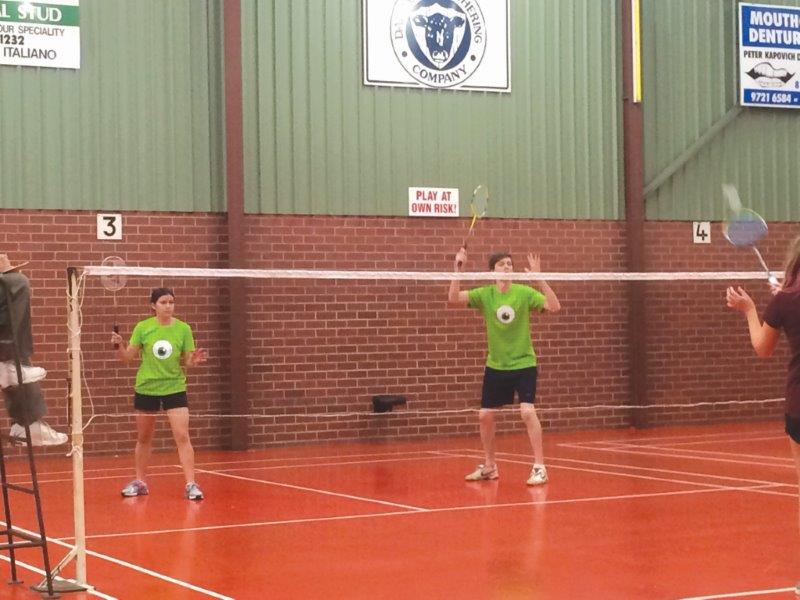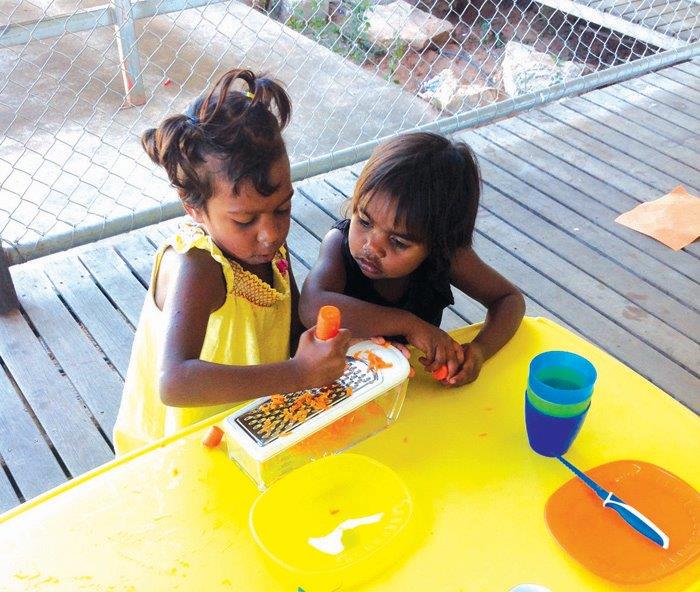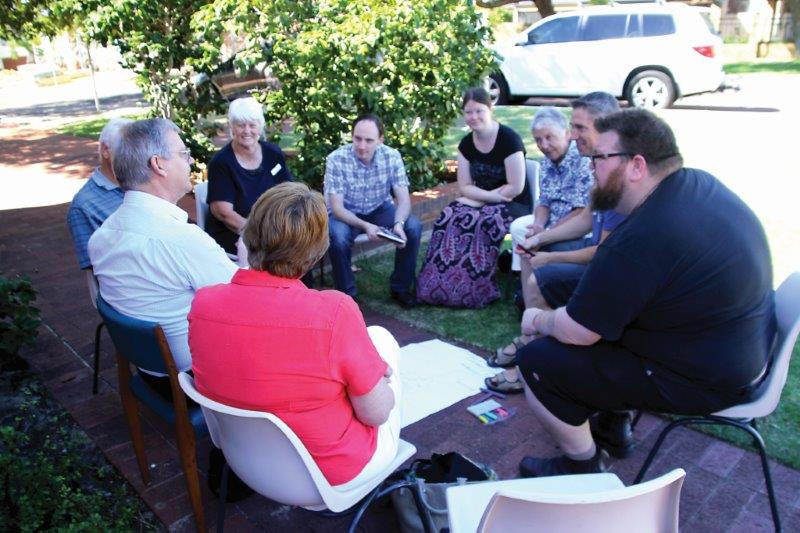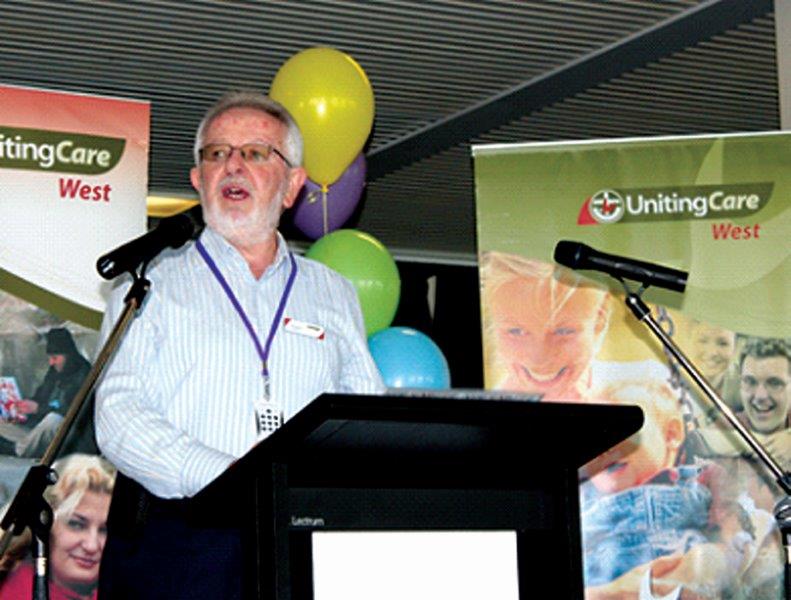‘I have come so that they may have life and have it in abundance’. (John 10.10)
‘What has come into being in him was life, and the life was the light of all people.’ (John 1.1)
What is it about what we know of Jesus’ life that some of the closest people around him made these sorts of claims? That he ‘gave life’; that his ways among people were ‘lifegiving’? And of course within this, remembering that some of the more powerful and influential people around him experienced him as death-dealing. One of the most poignant and paradoxical stories of Jesus’ life as a life-giver is the story of his time in the wilderness – a place symbolically devoid of life – and the spiritual and physical challenges he faced there. The stories depict Jesus emerging from there ready for ‘life’. These truths or wisdoms now forged deeply within his soul, undergirded a way of life by which he ‘gave life’. These were not easily come by.
Is it possible that in the place of death-dealing wilderness, Jesus learned the secrets of ‘life-giving’? Contemplating the profound questions of sustenance, the nature of relationship and spirit? Are these the questions we must contemplate when considering what might be life-giving for our souls, and where and how we search for that? And what might come from ways of being in our spirits, being in our relationships and being in the world that are life-giving?





